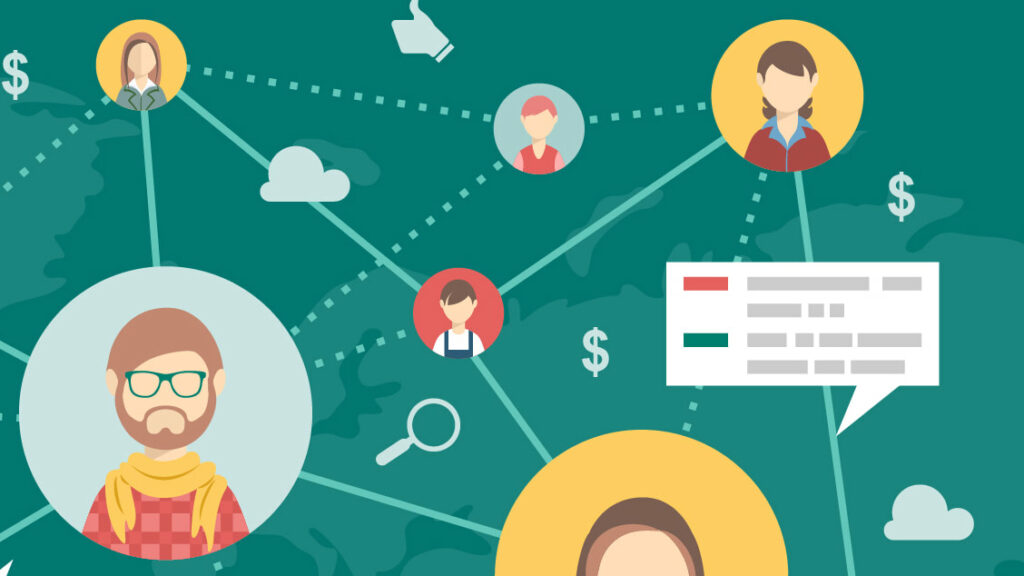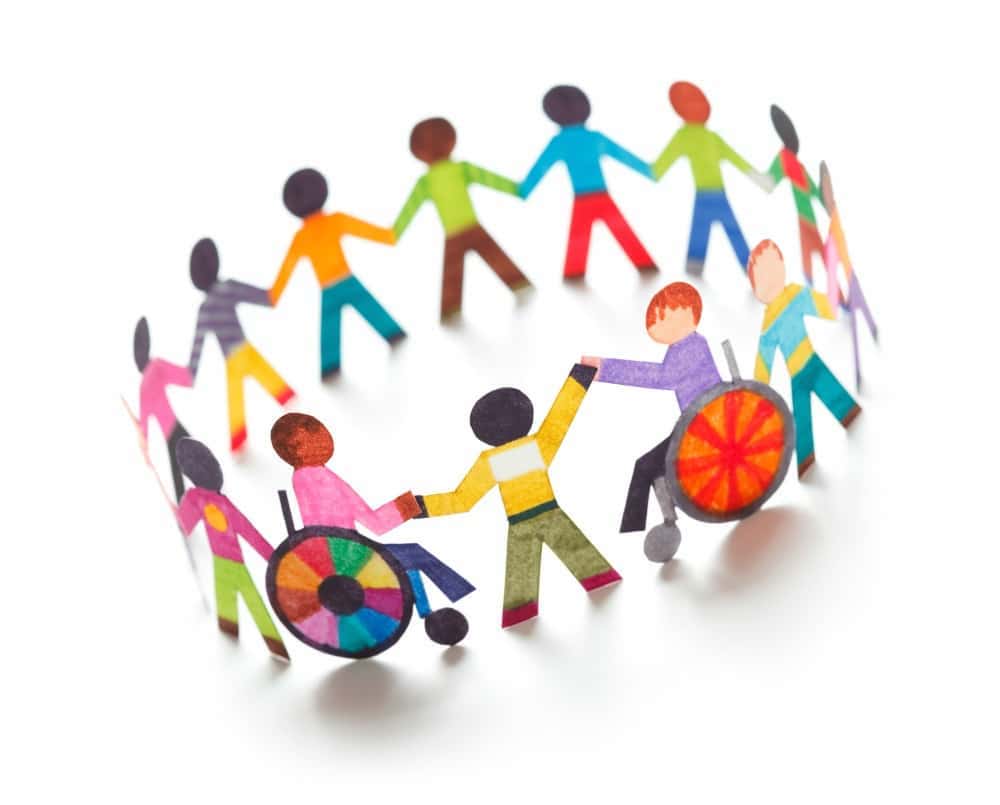
In today’s world, technology is advancing rapidly and many things in life require electronic devices and the Internet. The same is valid for education, where different methods and online education models are starting to become familiar. As Siemens says, technology has rearranged how we live, communicate, and learn during the previous two decades. Learning requirements and theories describing learning principles and processes should reflect the underlying social settings (Siemens, 2005). Connectivism is a newly defined learning theory in addition to behaviorism, cognitivism, and constructivism in the digital age. According to Siemens, connectivism integrates chaos, network, complexity, and self-organization theories. In order to learn more, we need to link specialized information sets, and the connections are more significant than our current level of knowledge. Connectivism recognizes that choices are founded on shifting foundations. We are constantly gathering new data. It’s critical to distinguish between essential and irrelevant data. It’s also important to understand when new knowledge changes the picture based on past judgments (Siemens, 2005).
Nancy in her post had asked a question, “How can we continue to keep pace in a rapidly evolving information ecosystem?” This question was enlightened when I read Goldie’s article, Connectivism: A knowledge learning theory for the digital age? (Goldie, 2016). Goldie had concluded that, While connectivism is a valuable lens for understanding and managing digital teaching and learning, it requires additional development and testing. No one hypothesis can explain learning in technologically enabled networks. Educators are vital in online network learning (Goldie, 2016). As Goldie said, technology is advancing all the time, and it’s hard for individuals to keep up with it. There is not just one theory of education. Education is diverse. So I don’t think it’s necessary to keep pace, but rather to find an appropriate way to educate yourself. Of course, as Nancy said, developing own social platform is also a way to learn and educate oneself.

Since it is mentioned that the educated should seek the education that suits their needs, the inclusiveness of education should also be mentioned. The utopia of equality that education seeks cannot be achieved simply by assimilating or attempting to eliminate differences or reduce diversity in the learning community, where social and personal diversity is increasingly widespread. Suppose people acknowledge the objective existence of diversity and its essential value for the development of society. In that case, there is a need for a new philosophy and approach to managing diversity in education. Inclusive education is one such philosophy and approach. Moore mentioned, “If we can now extend inclusive education to include every diverse learner, then we can also start to view inclusion as not something we simply do; instead, it becomes something that just is” (Moore, 2017). As Yifei in her post mentioned, Moore mentioned the barriers to education and life for people with disabilities and children compared to ordinary people and posted it on social media platforms. Posting on social media platforms that are well known to the general public does help more people to understand the situation of people with disabilities and children. It is also easy to spread and draw attention.
Bibliography:
Connectivism. 2017. (2022). Retrieved 13 February 2022, from https://finalproject017.weebly.com/connectivism.html.
Goldie, J. (2016). Connectivism: A knowledge learning theory for the digital age?. Medical Teacher, 38(10), 1064-1069. https://doi.org/10.3109/0142159x.2016.1173661
Moore, S. (2017). One without the other : Stories of unity through diversity and inclusion. Portage & Main Press.
Siemens, G. (2005). Connectivism: A Learning Theory for the Digital Age. International Journal of Instructional Technology and Distance Learning, 2(1).
Stein, F. (2020). Inclusive education: Everything you need to know. filmdaily.co. Retrieved 13 February 2022, from https://filmdaily.co/craft/inclusive-education/.